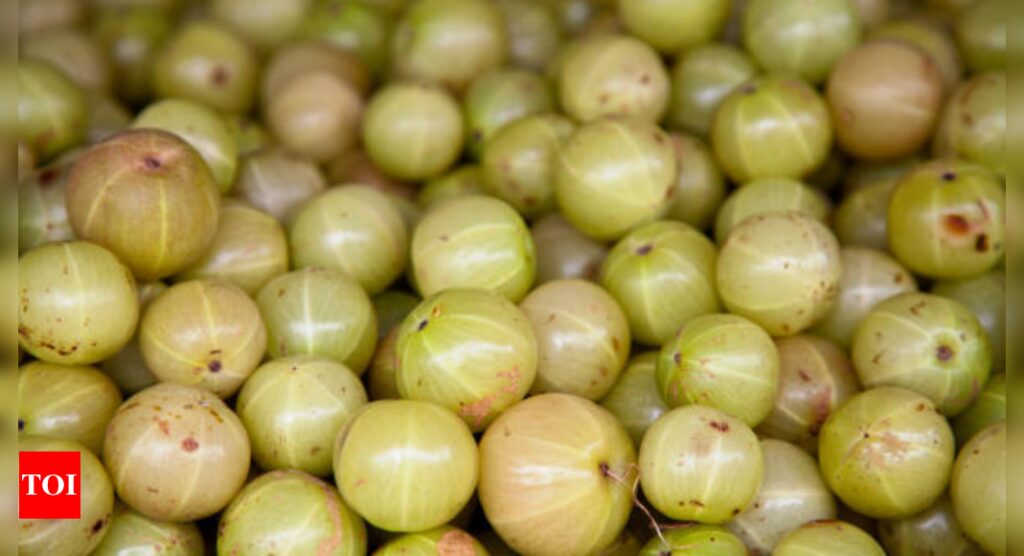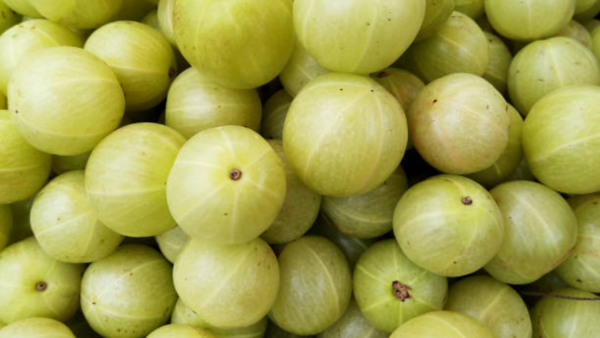Decoding amla: Nutrients present in Indian gooseberry that makes it a superfood

Amla is the winter favorite food of Indians. When winter comes, every Indian household gets ready to harness its benefits in every possible manner. Be it amla candies, or amla shots or amla ki chutney, each and every recipe involving amla just amplifies the nutritional benefits.
So, what makes amla the undisputable food? Let’s decode its nutritional composition:
Amla is rich in vitamin C, the immunity boosting vitamin
Amla boasts an extraordinary concentration of vitamin C, far surpassing most other fruits.A 100-gram serving of fresh amla contains up to 600-700 mg of vitamin C, making it one of the richest natural sources of this vital nutrient. What sets amla apart is its ability to retain vitamin C even after processing or drying, a trait attributed to its unique tannins. This antioxidant powerhouse supports immunity, skin health, and wound healing, and it combats oxidative stress.
6 Daily Habits for a Youthful Appearance Revealed
Tannins present in amla stabilize its vitamin C content
Amla has emblicanin A and B; the fruit contains tannins that do not occur in any other fruit. These antioxidants are potent and improve the vitamin C stability and efficacy of amla. The tannins are responsible for anti-inflammatory and anti-aging activities associated with cardiovascular and neurological health, emblicanin A and B may serve to protect the liver and enhance detoxification.
Quercetin in amla is anti-inflammatory
While quercetin is present in several plant-based foods, amla contains unique quercetin glycosides, which are derivatives of this powerful flavonoid. These compounds improve bioavailability, allowing the body to better absorb and utilize their antioxidant and anti-inflammatory properties. Quercetin glycosides in amla contribute to improved heart health, reduced allergy symptoms, and better regulation of blood sugar levels.

Amla is rich in dietary fiber, Pectin
Amla is a rich source of natural pectin, a soluble dietary fiber that is essential for digestive health. Pectin in amla supports gut microbiota by acting as a prebiotic, feeding beneficial bacteria in the digestive system. It also helps regulate bowel movements, lower cholesterol levels, and stabilize blood sugar levels. Amla’s unique pectin content ensures smoother digestion and better nutrient absorption.
How to add amla to your diet
- Eating raw amla is the most effective way to maximize its nutrients.
- Mix fresh amla juice with water or honey for a refreshing drink.
- Add it to smoothies, water, or yogurt.
- Amla pickles and candies are popular in Indian households but should be consumed in moderation due to added salt or sugar.
- Amla extracts and capsules are convenient options for regular consumption.








